The Precision Scientific Instrumentation Lab (PSILab)
I am current coordinator for the Precision Scientific Instrumentation Lab (PSILab). PSILab fosters a multidisciplinary, project-driven approach that emphasizes critical thinking, design creativity, and technical precision.
Through exposure to both theoretical and applied methodologies, students develop competencies relevant to advanced research, prototyping, and future careers in high-tech industries, academic research, or entrepreneurial ventures.
The lab also serves as a collaborative platform where engineering and physics intersect to address real-world challenges through innovation and experimentation.
What is PSILab?
An interdisciplinary engineering-physics laboratory situated within the Physics Division of the School of Physical and Mathematical Sciences (SPMS) at Nanyang Technological University (NTU), Singapore. Dedicated to hands-on exploration and innovation, PSILab provides a vibrant environment for both undergraduate and postgraduate students to engage in research and development projects at the intersection of physics, electronics, mechanics, and computational systems.
The lab is equipped with a versatile suite of tools and instrumentation that supports a wide range of mechatronic and scientific investigations - from conceptual modeling to experimental validation. Students are encouraged to initiate and lead projects that span multiple domains:
Computational modeling and simulation
Embedded systems and automation
Semiconductor device research
Including the fabrication, testing, and characterization of electronic devices.
Involving sensor integration, real-time data acquisition, signal processing, and actuator control, with applications of machine learning and computer vision. Work spans both hardware and software, using platforms and tools such as NVIDIA Jetson, Raspberry Pi, ESP32, and Arduino to build intelligent, interactive systems.
Such as micro-magnetic simulations, TCAD (Technology Computer-Aided Design), and other numerical methods for physical systems.






Key Area
of Research
Nanomagnetism and spintronic devices for emerging sensor, memory, and computing applications
This research focuses on developing advanced materials and heterostructures for next-generation memory and logic devices. Key areas include studying spin-orbit torques and magnetization dynamics, essential for spintronic memory technologies, and creating energy-efficient, non-volatile memory technologies such as SOT-MRAM and other SOT-based devices for low-power, high-speed storage. Magnonics explores spin waves for energy-efficient information transfer and processing, with applications in analog-like and non-linear systems. Additionally, integrating spintronic devices with CMOS technology enhances computational efficiency and broadens the scope of future computing systems.
Enhancing Learning and Engagement Through Gamification in Projects and Experiments
Gamification in projects and experiments explores its effectiveness in enhancing student engagement, motivation, and conceptual understanding. By integrating game-based elements and clear objectives, gamification enhances participation and knowledge retention compared to traditional instructional methods. Additionally, it introduces a competitive element, to encourage a more dynamic and interactive learning experience
Featured Projects






Maglev Drone
Cloud Chamber
Autonomous LiDAR Bot
We are developing an autonomous LiDAR-based robot as a hands-on workshop kit to introduce students to machine learning on low-cost ARM microcontrollers and Android app development for remote control and model training. A digital twin is also being developed to significantly accelerate the training process and experimentation.
Currently under development, we are building a portable solid-state cloud chamber with particle tracking capabilities, designed to visualize radioactive particles passing through us and our surroundings in real time. This allows for convenient, interactive demonstrations anywhere.
Using commercial drone microcontrollers, we developed a magnetic levitation (maglev) drone to demonstrate how Halbach arrays of strong magnets can be designed so that changing magnetic flux generates sufficient repulsive force to levitate the drone chassis.
Read more
Read more
Read more
Featured Experiments






Write your text here...
Write your text here...
Write your text here...
Investigating parallels between human cognition and artificial neural networks
Investigating parallels between human cognition and artificial neural networks
Investigating parallels between human cognition and artificial neural networks
Read more
Read more
Read more
Team members
Meet the minds behind our research— a diverse team of innovators exploring the intersections of human cognition, artificial intelligence, and next-generation memory technologies
Member Name
Member description here


Member role






Member Name
Member Name
Member Name
Member role
Member role
Member role
Member description here
Member description here
Member description here
Tools & Facilities
Equipped with advanced tools and state-of-the-art facilities, our team investigates the boundaries of cognition, AI, and memory technologies with precision and innovation.
CO2 Laser Cutter and Engraver
High-precision cutting and engraving machine capable of shaping a wide range of materials including wood, acrylic, and plastics for rapid prototyping and fabrication.
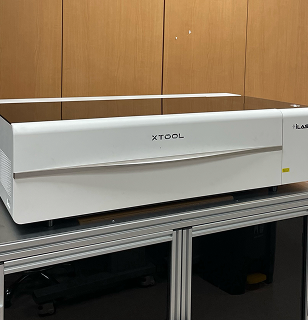

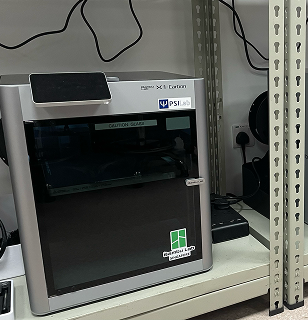

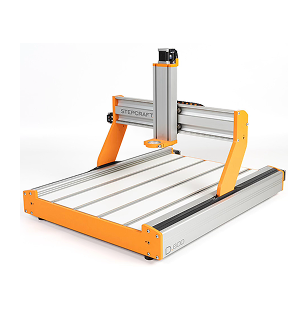

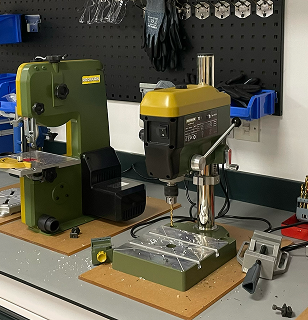

FDM Printers
CNC
Bench Tools
Fused Deposition Modeling printers for creating durable 3D prototypes layer by layer using thermoplastic filaments.
Computer Numerical Control machine for precise milling, drilling, and machining of metals and composites in complex designs.
Essential hand and power tools for everyday fabrication, assembly, and fine-tuning of projects.
Rapid Prototyping
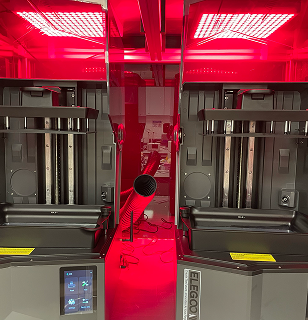

Resin Printers
High-resolution 3D printers using photopolymer resin to produce detailed, smooth-surfaced models ideal for intricate designs.
MPI Probestation with Heater
Advanced testing platform with temperature control for characterizing semiconductor devices and nanostructures under varying conditions.
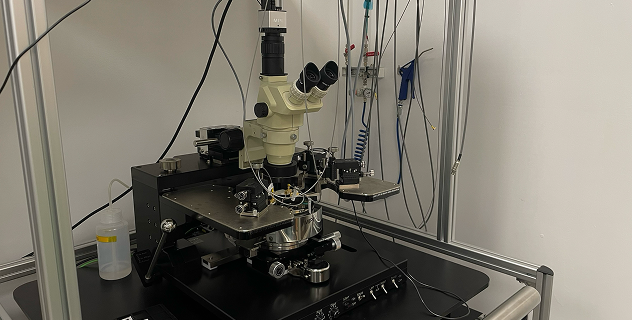

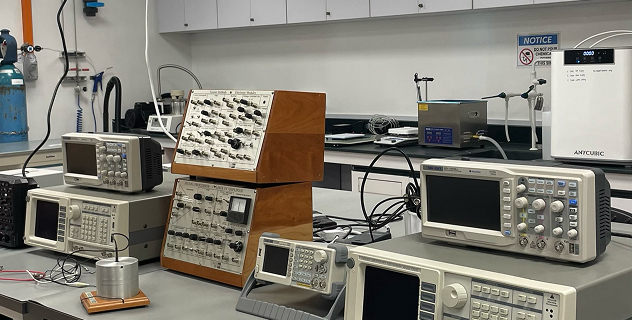

Signal Processing
Specialized equipment and software for analyzing, filtering, and interpreting electronic signals in research and development.
Test and Characterisation
Windows-based PC
Workstation powered by NVIDIA 4060 (8GB) and 32GB RAM, optimized for CAD design, Mumax simulations, and programming tasks.
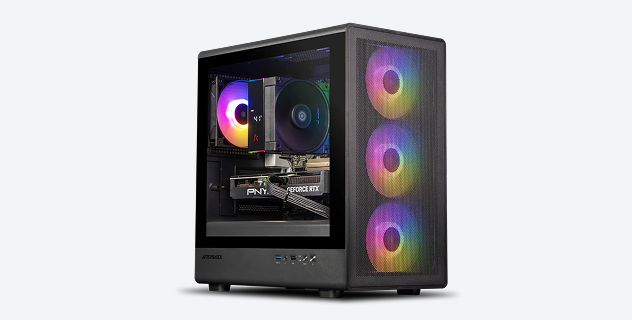

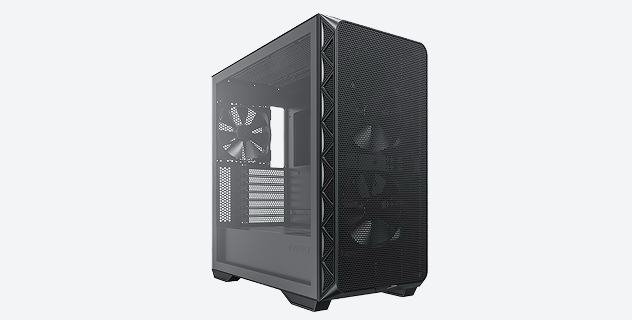

Linux-based PC
High-performance system with NVIDIA 4070 (12GB) and 128GB RAM, tailored for TCAD simulations, Mumax programming, and advanced computational research.
Programming and Simulation
Insights
Follow me and PSILab
on Instagram!
Connect
Interested in Collaboration?
+65 8977 7854
© 2025 Gerard Joseph Lim. All rights reserved.
We welcome collaborations with researchers, students, and industry partners interested in advancing semiconductor and emerging materials, devices, and technology, as well as science education.
